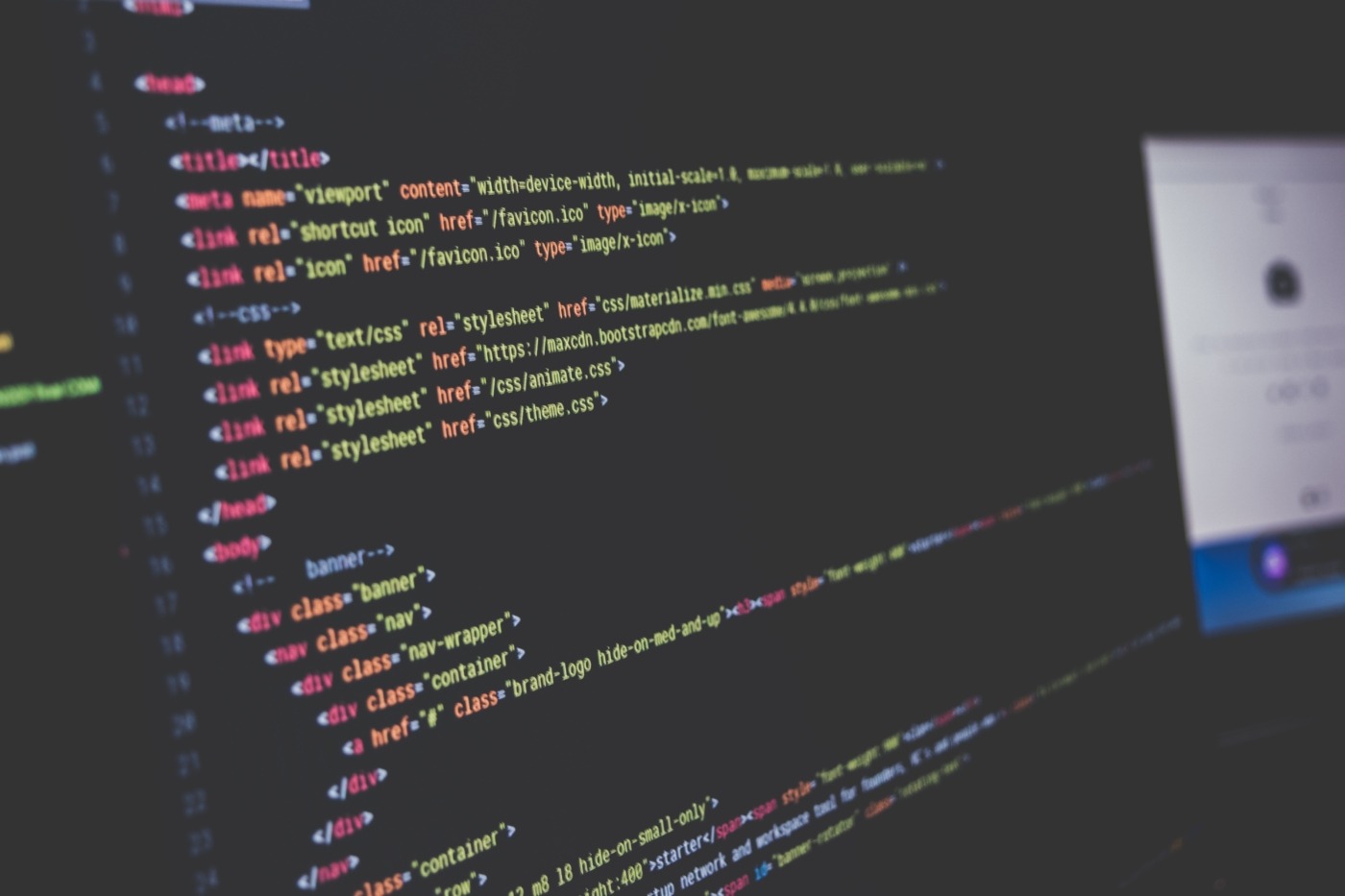Are we living in a simulation?
It’s been an interesting year for billionaire entrepreneur Elon Musk – in a recent episode of The Joe Rogan Experience, he may have knuckled down on one of his most bizarre ideas. At first, his suggestion that we’re all living in a simulated universe may seem an unusual one, but it’s an idea that has existed for a while and is increasingly discussed in scientific circles. If we were living in a simulation, what would that mean? And is there any way that we could know for certain?
Let’s start by explaining exactly what we mean. Simulated reality is the idea that reality could be simulated to a degree indistinguishable from ‘true’ reality, and could theoretically contain conscious minds which may or may not be fully aware that they are living in a simulation.
His suggestion that we’re all living in a simulated universe may seem an unusual one, but it’s an idea that has existed for a while and is increasingly discussed in scientific circles
The main argument behind the computer simulation idea stems from a number of premises which, if you accept one must be true, suggest that this world must logically be a simulated model. These ideas are taken from a 2003 paper by philosopher Nick Bostrom – (1) the human species is very likely to go extinct before reaching a ‘posthuman’ stage; (2) any posthuman civilisation is extremely unlikely to run a significant number of simulations of their evolutionary history; (3) we are almost certainly living in a computer simulation.
If you reject the first two possibilities, you are almost logically compelled to accept the third – that posthuman civilisations could simulate countless human civilisations with a minute fraction of their computing power, and that this reality is a simulated one on the balance of probability. Of course, these premises do suggest a fourth possibility – that this is a reality in which posthumans haven’t yet developed and is, thus, real, but this is a possibility that seems minute simply because it is one reality in among billions of simulated realities.
The main argument behind the computer simulation idea stems from a number of premises which, if you accept one must be true, suggest that this world must logically be a simulated model
Musk’s argument takes a slightly different tack – he considered it in terms of improving technological knowledge. The universe is 13.8 billion years old, and so he suggests that any civilisations that have existed would have had the time to develop their technological know-how. “If you assume any rate of improvement at all, then games will be indistinguishable from reality, or civilisation will end,” he explained. “One of those two things will occur. Therefore, we are most likely in a simulation,” he concluded, “because we exist”.
What would it mean for us if the simulated reality hypothesis turned out to be true? It could help explain certain questions about our universe, like the existence of the multiverse (the many other simulations) or the Fermi Paradox (resolving its central question of where all the aliens are by suggesting they simply haven’t been programmed in). A more interesting consequence is a quasi-religious one – it would mean that there is, in fact, a creator (of that particular reality, at least), and it could lead to interesting mediations on faith and purpose. What is the meaning of your life if you don’t really exist?
A more interesting consequence is a quasi-religious one – it would mean that there is, in fact, a creator (of that particular reality, at least), and it could lead to interesting mediations on faith and purpose
So, is it possible that we could ever prove, with certainty, whether the universe is simulated or not? It would be impossible to produce any conclusive experimental proof because the evidence would necessarily be simulated too. A better approach would be to look at the universe in terms of shortcuts and approximations. Although the computing power of the posthuman civilisation would be high, it wouldn’t be infinite, and thus it would be limited in its ability to model infinitely complicated things. Think of an image on a computer screen – the closer you get, the more it breaks up into its constituent pixels, and that happens to even the most detailed images. It has been suggested that cosmic rays, the most energetic particles ever observed, would be a possible site for these shortcuts.
Maths may provide a likely way of resolving this problem – if the universe is a computer simulation, the underlying rules that govern it would necessarily have to be programmed, and thus mathematical. James Gates, a physicist at the University of Maryland, found what resembled error-correcting codes in the theoretical equations that govern how the universe works – these codes are used to check for and correct errors that have been introduced through the physical process of computing, and he suggested that their appearance in a non-computed universe is “extremely unlikely”.
Although the computing power of the posthuman civilisation would be high, it wouldn’t be infinite, and thus it would be limited in its ability to model infinitely complicated things
The question of whether the universe is simulated is more fundamental – about the extent humans can understand their universe – than it is scientific, and trying to actually tackle the question seems a foolish endeavour for our scientists. Even so, it raises a number of interesting questions, encouraging scientists to further hone their observational skills and laypeople to explore the world scientifically – to that extent, this is a very useful proposition.

Comments